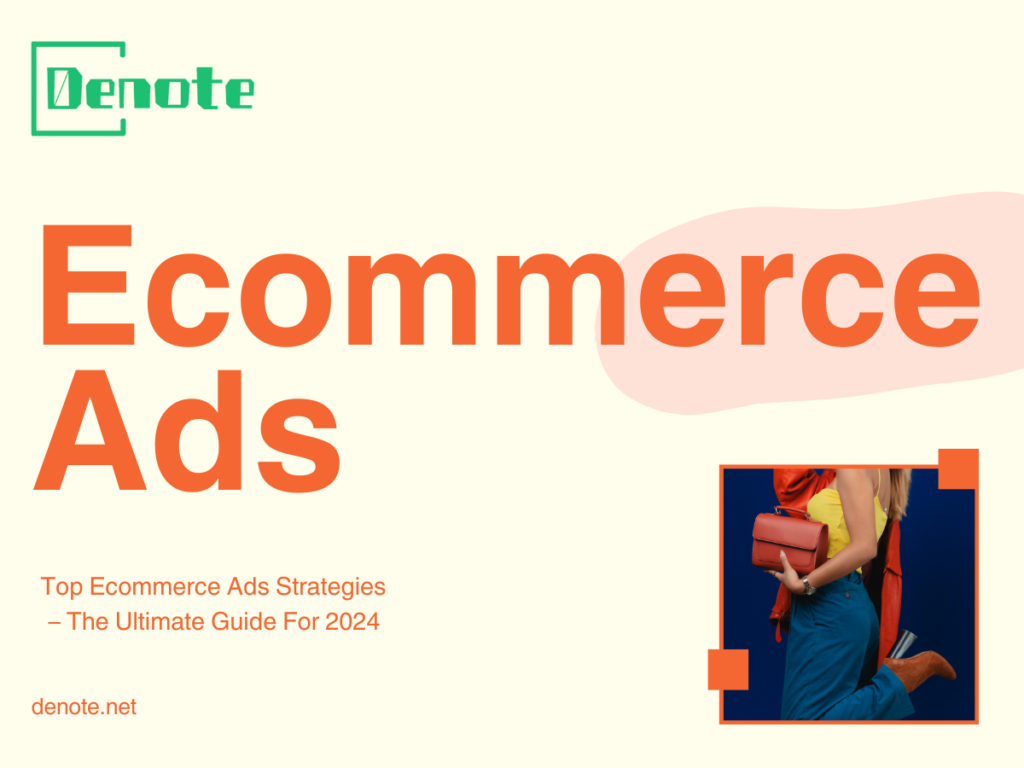
What is Ecommerce Ad
Ecommerce ads, short for ecommerce advertisements, are digital campaigns designed to promote products or services through various online channels. These ads aim to drive traffic to ecommerce websites, generate leads, and ultimately convert visitors into paying customers. As the ecommerce landscape continues to grow, companies invest heavily in ecommerce ads to stay competitive in a saturated market.
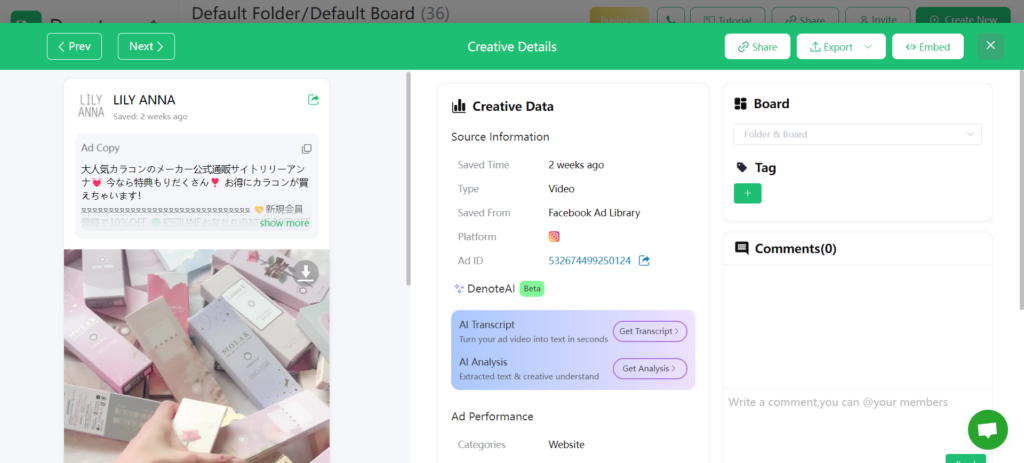
Ecommerce ads encompass various forms, from search engine ads to social media promotions, and they target specific audiences based on demographics, browsing behavior, and purchasing history. Businesses leverage ecommerce ads to reach their ideal customer segments and enhance brand visibility.
Ecommerce ads play a crucial role in driving sales for online stores. They are highly trackable, allowing businesses to measure performance and optimize campaigns for better ROI. Whether you're promoting products through Google Ads, TikTok, or Instagram, ecommerce ads are essential for any digital marketing strategy.
Before You Invest in Ecommerce Ads
Before diving into ecommerce ads, it's essential to establish clear goals and strategies. Ecommerce ads can be highly effective, but they require a solid foundation. Here are some steps to take before investing in ecommerce ads:
Define Your Goals
Before launching an ecommerce ads campaign, clearly define what you want to achieve. Do you want to increase traffic to your website, boost product sales, or grow your email list? Your goals will guide your ad spend, creative design, and platform selection.
Know Your Target Audience
Understanding your target audience is critical for any successful ecommerce ads campaign. Use tools like Google Analytics or Facebook Insights to gather data about your customers. Identifying their demographics, interests, and behaviors will allow you to create targeted ecommerce ads that resonate with them.
Choose the Right Platform
Each advertising platform has its strengths and weaknesses. For instance, Google Ads is great for search intent, while social media platforms like TikTok and Instagram are more visual and help build brand awareness. We'll dive into the best ecommerce ads platforms later in this blog.
Set a Budget
Ecommerce ads can quickly become expensive if not managed properly. It's vital to set a clear budget for your campaigns, considering factors like the platform, audience size, and bid strategies. Always start small, test, and scale up based on the results.
Tracking and Analytics Setup
Before you start any ecommerce ads campaign, ensure that you have tracking mechanisms in place. Tools like Google Analytics, Facebook Pixel, and conversion tracking codes will provide insights into your ad performance and help you optimize your campaigns for better results.
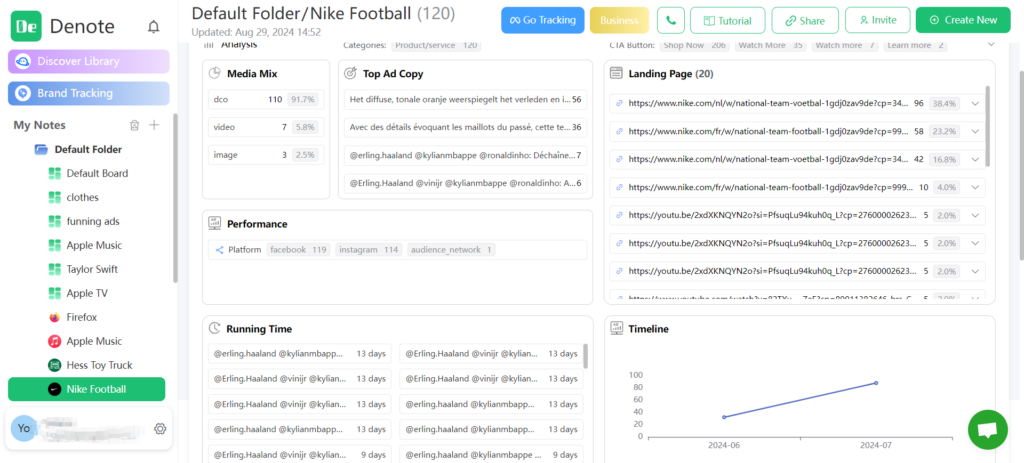
Best Ecommerce Ads Platforms
When choosing platforms for ecommerce ads, it’s important to consider where your target audience spends their time and how these platforms align with your business goals. Below are some of the best platforms for ecommerce ads.
Google Ads
Google Ads is one of the most popular platforms for ecommerce ads. It allows businesses to bid on keywords and display their ads at the top of Google’s search results. Google Ads is a great platform for capturing users with high intent since people searching for specific products are more likely to make a purchase.
Google Shopping
Google Shopping is an extension of Google Ads that is specifically designed for ecommerce businesses. It showcases products at the top of the search results, with a photo, price, and product details. This format makes it easier for customers to compare products before clicking through, which often results in higher conversion rates.
TikTok Ads
TikTok Ads is quickly becoming a favorite platform for ecommerce ads, especially for businesses targeting younger audiences. The platform’s algorithm-driven feed allows for highly targeted ecommerce ads that can be tailored to specific user behaviors and preferences. TikTok’s emphasis on video content also makes it ideal for engaging ads that capture attention quickly.
Facebook Ads
Facebook Ads are a go-to for ecommerce businesses due to the platform's detailed targeting capabilities. With Facebook Ads, you can create ecommerce ads that reach specific demographics, interests, and behaviors. Facebook’s wide audience reach makes it an effective platform for both brand awareness and direct conversions.
Instagram Ads
Instagram, owned by Facebook, is another excellent platform for ecommerce ads. Instagram Ads focus on visual content, making them highly effective for product-based businesses. The platform supports various ad formats, including Stories, Carousel, and Shoppable Ads, which allow users to purchase products directly through the app.
Ecommerce Ads Strategies
Investing in ecommerce ads requires more than just setting up a campaign. Implementing the right strategies will ensure your ecommerce ads drive conversions and achieve your business goals.
Social Media Ads
Social media platforms like Facebook, Instagram, and TikTok offer powerful tools for ecommerce ads. By leveraging user data, you can create highly personalized ads that target specific demographics. Social media ads are particularly effective for raising brand awareness and engaging with your audience on a personal level.
Google Ads
Google Ads allows businesses to target users based on their search intent. For ecommerce ads, this is a game-changer because you can serve ads to users actively looking for products like yours. Focusing on keyword research and bid strategies can significantly improve the effectiveness of your Google Ads campaigns.
Retargeting
Retargeting is a powerful ecommerce ads strategy where you show ads to users who have previously interacted with your website but didn’t complete a purchase. Retargeting helps keep your brand top-of-mind and can lead to a significant increase in conversions. Tools like Denote can help you analyze these interactions and craft more effective retargeting ecommerce ads.
Omnichannel Marketin
Omnichannel marketing is about creating a seamless customer experience across multiple platforms. By integrating your ecommerce ads on social media, Google, and email marketing, you can ensure that your message is consistent and effective. Denote is a tool that supports team collaboration, helping brands create synchronized content across all channels.
Content Marketing
Combining ecommerce ads with content marketing is a great way to educate your audience and build trust. Use blogs, videos, and guides to provide value to your audience, and then promote these pieces of content through ecommerce ads. This strategy can help you attract more qualified leads and nurture them through the buying process.
Influencer and Affiliate Marketing
Influencer marketing is an increasingly popular ecommerce ads strategy, especially for social media platforms like Instagram and TikTok. Partnering with influencers allows you to tap into their follower base, making your ads feel more organic. Similarly, affiliate marketing lets other websites promote your products in exchange for a commission, driving more traffic to your store.
Top Ecommerce Ads Creative Best Practices
To maximize the effectiveness of your ecommerce ads, it’s essential to follow best practices for creative design. Here are some tips to ensure your ecommerce ads stand out.
Focus on High-Quality Visuals
Whether you’re advertising on Instagram or Google Shopping, high-quality images are key. Make sure your product photos are clear, professional, and optimized for mobile viewing. Using compelling visuals will attract more attention and increase the likelihood of clicks on your ecommerce ads.
Use Clear, Concise Messaging
Your ecommerce ads should communicate the value of your products quickly and effectively. Avoid long-winded descriptions, and focus on how your product solves a problem or improves the customer’s life. A clear call-to-action (CTA) is also critical for encouraging users to take the next step.
Leverage User-Generated Content
User-generated content, such as customer reviews and testimonials, can boost the credibility of your ecommerce ads. Showing real customers using and loving your products is an excellent way to build trust and encourage conversions. You can even integrate this strategy with Denote , as it helps in generating user feedback and using AI to create compelling ad scripts.
A/B Testing
Never assume that your first ad will be the best. Continuously A/B test different versions of your ecommerce ads to see what resonates most with your audience. Test different visuals, messaging, and CTAs to optimize performance.
Top Ecommerce Ads Examples
Here are some real-world examples of successful ecommerce ads that can inspire your next campaign:
Google Shopping Ad by Nike
Nike uses high-quality images and clear pricing in their Google Shopping ads to drive conversions. The brand showcases its products prominently and includes concise product details, making it easy for customers to make informed buying decisions.
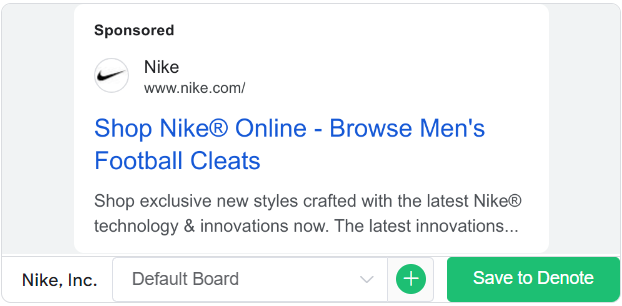
TikTok Ad by Gymshark
Gymshark created a TikTok ad that featured real customers showing off their workout routines. This user-generated content helped the brand build trust and encourage users to check out their products.
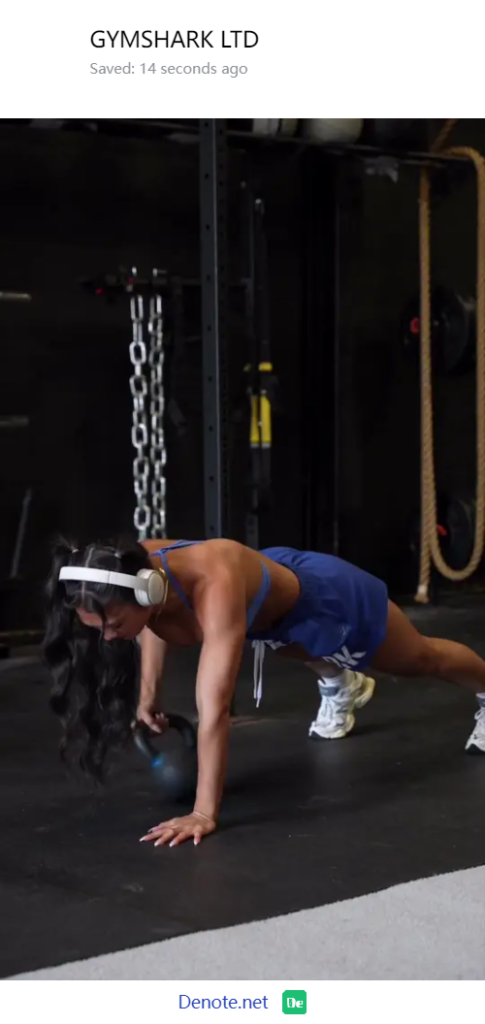
Facebook Retargeting Ad by Casper
Casper, a mattress company, uses retargeting ads on Facebook to bring back customers who have shown interest but haven’t yet purchased. These ads feature social proof and a discount code to entice conversions.

Conclusion
Ecommerce ads are a powerful tool for driving sales and growing your business online. By understanding the best platforms, strategies, and creative practices, you can optimize your ecommerce ads for maximum impact. Using tools like Denote will further enhance your ability to track, analyze, and improve your ad campaigns, ensuring long-term success in the ecommerce space.